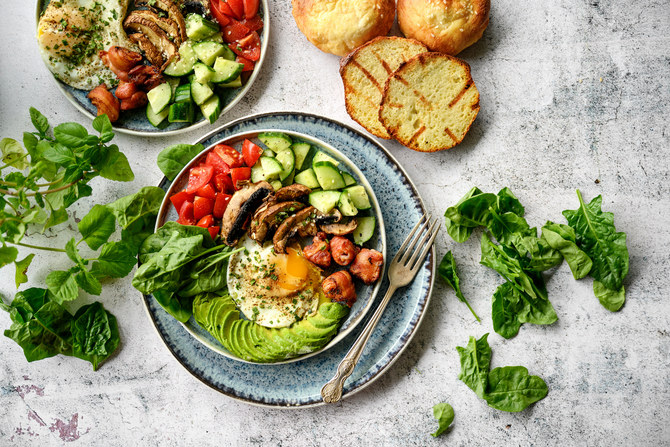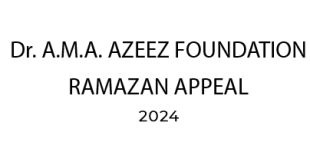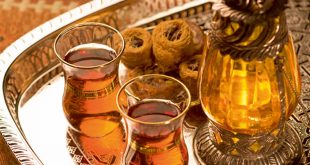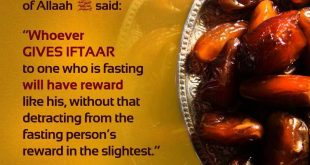
- Chairperson of the Muslim Doctors Association highlights the importance of continuing to consume sahoor
- ‘It’s common for people to feel tired during this stretch,’ says general practitioner
LONDON: As Muslims enter the last 10 days of Ramadan, the grand finale of the holy month during which believers intensify their worship, keeping up energy levels is of the utmost importance.
Dr. Hina Shahid, the chairperson of the Muslim Doctors Association, spoke to Arab News about how British Muslims can maintain their stamina and equip themselves for fasting through the day while worshipping at night in search of the night of power.
The night of power, or Laylat Al-Qadr in Arabic, is a sacred night in the Islamic calendar. It commemorates the night on which the Qur’an was first revealed to Prophet Muhammad. Although its exact date is not known, it is believed to fall on one of the odd-numbered nights of the last 10 days of the holy month.
The Prophet instructed Muslims to “Seek Laylat Al-Qadr in the last 10 days of Ramadan,” and the Qur’an describes the night as “better than a thousand months” in terms of virtue.
Therefore, Muslims increase the amount of time they dedicate to prayer, supplication, and recitation of the Qur’an during the last 10 nights of Ramadan, but this can prove difficult due to the sleep deprivation and fatigue caused by fasting for the first 20 days of the holy month.
Shahid highlighted the importance of continuing to consume the early morning meal despite the temptation to sleep through it, and eating balanced meals that are rich in fluids for both sahoor and iftar, while choosing local and seasonal produce.
The general practitioner said: “There are a lot of positive changes that people can make during these last 10 days, not just to optimize their worship but also to make sure they keep their energy levels up.
“It’s common for people to feel tired during this stretch of Ramadan and skip sahoor but it’s really important to have that meal because that is what’s going to keep you going for the rest of the day.”
Shahid said it was important to consume balanced meals for both sahoor and iftar, adding: “You should have all of the major food groups at both of those meals, so that’s basing the meals on complex carbohydrates, healthy fats, healthy proteins, a bit of dairy, fruit and vegetables, and lots and lots of fluids.
“In general you should be having two liters of fluid during the day. You can stagger that during non-fasting hours, and one way of doing that and getting your fluid intake up is by making sure that you have lots of fluid-rich foods at both of those meals.”
Shahid said her personal sahoor staple was overnight oats as “you can bring in all your food groups into one dish without sapping your energy and time.”
She added that thinking about time-efficient ways of preparing meals allowed people to focus on worship during the last third of Ramadan, and highlighted the importance of choosing local and seasonal produce.
She said: “Studies have shown that local and seasonal produce is better for you in terms of your health and nutrient value. You should also choose whole foods over processed foods — looking at the harmful effects of processed foods is a big thing at the moment in the world of nutrition.”
Talking about the good habits with which Muslims can continue after the end of Ramadan, Shahid said that being mindful about their intake, increasing fluids, and quitting smoking should be high on the list.
She said: “Food is medicine. Everything that you put into your body will keep you going in terms of worship. That’s really the purpose of why you’re eating: to optimize your worship.
“We should carry that mindset forward: that food is medicine, that actually the purpose of what you’re eating is not only to feed your body, but also to feed your soul.”
 Sri lanka Muslims Web Portal Diversity and Inclusiveness
Sri lanka Muslims Web Portal Diversity and Inclusiveness



